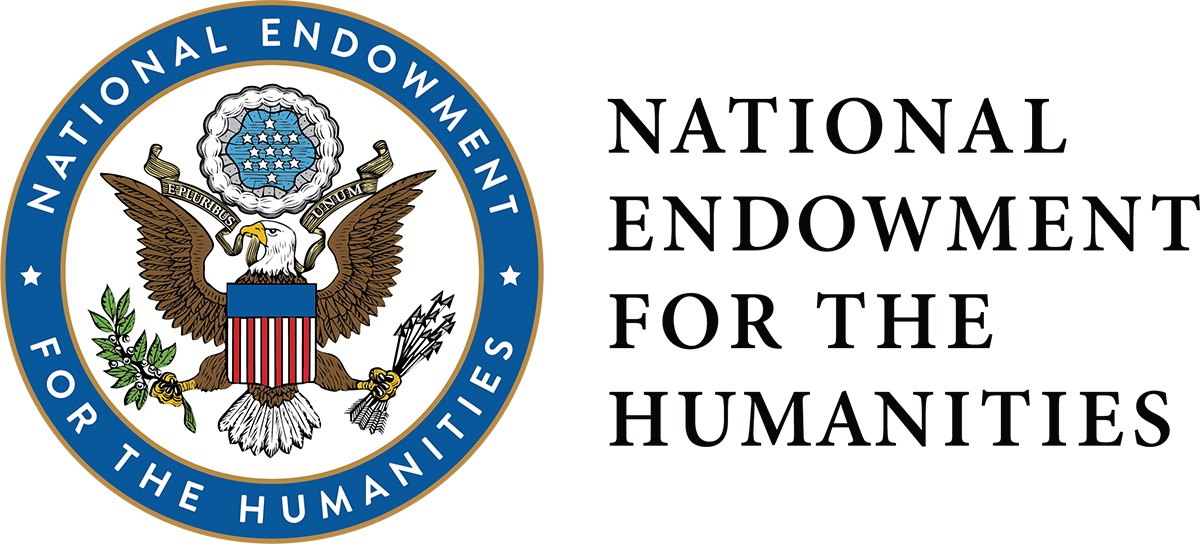coe news
Latest News

College of Education awarded National Endowment for the Humanities Grant for Technology Education
Carson, CA (April 30, 2024) - The National Endowment for the Humanities has awarded the CSUDH College of Education (COE) and the University of Hawai‘i Mānoa (UHM) a two-year, $144,151 Dangers and Opportunities of Technology: Perspectives from the Humanities grant. The NEH program supports research that examines the role of technology in shaping current social and cultural issues.
The grant funds the Project “Constructing the ‘I’ in Artificial Intelligence: Perceptions of Teaching with ChatGPT in Relation to Cultural Identity,” an ethnographic study of beginning teachers in Los Angeles and Hawai‘i and their understanding of ChatGPT’s influence on teaching in culturally and linguistically diverse classrooms.
The team’s collaborative efforts represents a culmination of years of commitment and research by the esteemed team:
- Cristina Stephany, Project Director | (Coordinator of Grant Management & Communications for Hawthorne School District)
- Mike Karlin, Co-Project Director | (Assistant Professor, Liberal Studies, STEM Director, Snap Inc. Institute for Technology & Education (SITE)
- Alohilani Okamura – Co-Project Director | (Assistant Professor at the University of Hawaii at Manoa, College of Education)
As the uptake of Artificial Intelligence (AI) continues in schools, few studies exist that attempt to understand the potential social and humanistic impacts of ChatGPT’s use as an educational tool. Researchers have expressed concerns around how historic data sets and historic forms of decision-making practices reproduced by AI include bias.
The U.S. Department of Education, Office of Educational Technology has identified the following question worth asking about AI for teaching: “To what extent are teachers able to exercise voice and decision-making to improve equity, reduce bias, and increase cultural responsiveness in the use of AI-enabled tools and systems?”
As a response, the Project centers underrepresented beginning teachers’ voices to understand these rising discriminatory concerns about AI. Representing diverse, intersectional backgrounds, the preservice teachers at both Colleges of Education offer alternative narratives to teaching with ChatGPT from a cultural, context-specific lens.
The Project expands upon the methods and outcomes of ‘Alohilani Okamura and Cristina Stephany’s doctoral dissertations, as well as research being conducted by Mike Karlin and Cristina Stephany around critical approaches to preparing preservice teachers to utilize educational technology.
“The proposed research is grounded within my 2017 doctoral study, which focused on Cook Islands teachers’ perceptions of technology and its role in sustaining Cook Islands Māori language and culture,” Stephany said.
“My study was built upon Co-Project Director Okamura's dissertation, which analyzed school accountability measures from a Hawaiian lens. Assembling this team to further explore how technology, in this case ChatGPT, is understood by teachers to be a cultural rather than a neutral tool is timely, as we race to uncover the ethical implications of AI use in educational spaces. Although, I have transitioned from coordinating clinical programs for the COE to managing grants for Hawthorne School District, I look forward to continuing my research at CSUDH.”
In Fall 2021, Karlin’s gift from Snap Inc. resulted in the formation of the Snap Inc. Institute for Technology and Education (SITE). The mission of SITE is to support equity-focused computer science and technology education to preservice teachers at CSUDH and local K-12 students in the greater Los Angeles area. This Project is an extension of SITE’s work that specifically focuses on AI and engages Okamura’s Native Hawaiian cultural knowledge and linguistic expertise.
“The students and teachers we serve are those most likely to be harmed by biased, inequitable implementations of artificial intelligence tools in education, ” says Karlin, Co- Project Director. “This Project seeks to begin to address those issues and ensure our local students and teachers not only understand the dangers and opportunities of AI, but are also able to critically evaluate and engage with these tools.”
Surfacing nondominant perspectives can afford teacher educators and school communities insight into critical approaches to utilizing ChatGPT that are more equitable and just. The findings and implications of this study have the potential to inform critical approaches to utilizing ChatGPT that explore cultural reproduction within schools and intersect with culturally sustaining and revitalizing pedagogy.
The Project has implications for teacher educators, administrators, teachers, and school communities. As a result, the collaborative team has been funded to conduct research, present at conferences, publish peer-reviewed journal articles, present conclusions to local school districts, and provide NEH with a white paper.
We congratulate the team for their years of dedication to this research and the thought- provoking insights within the journey!
For more information about the NEH Grant, visit www.neh.gov/news/neh-announces- 262-million-238-humanities-projects-nationwide